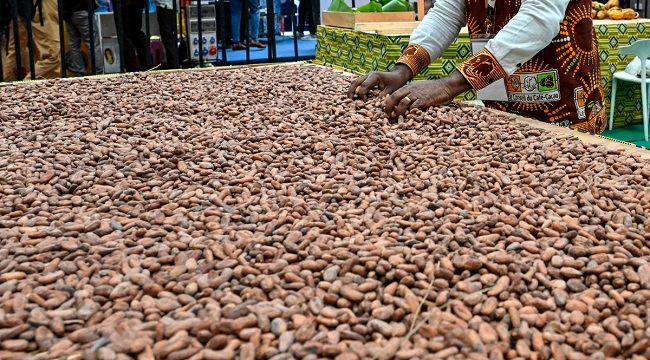Nigeria’s federal government has unveiled plans to revitalize the commercial production of oil palm and cocoa while ramping up support for small businesses, signaling a dual approach to spur economic growth. Announcing the initiative at the seventh national clinic for Micro, Small, and Medium Enterprises (MSMEs) in Ondo State, Vice President Kashim Shettima emphasized President Bola Tinubu’s directive to plant 100 million oil palm trees nationwide and revive the cocoa sector. Both crops, once pillars of Nigeria’s agrarian economy, have seen production decline in recent decades.
Shettima described MSMEs—which employ 90% of Nigeria’s workforce—as critical to reducing poverty and driving national prosperity. “Economic growth must align with small business growth,” he stressed, pledging continued federal support. The government’s N75 billion ($180 million) MSME intervention fund has already enabled 65 businesses in Ondo State, a key agricultural hub, to expand operations. Shettima urged entrepreneurs to leverage opportunities from the expanded MSME clinics, which provide training, funding access, and regulatory guidance.
Host Governor Lucky Aiyedatiwa echoed the sentiment, labeling small businesses as catalysts for development and outlining a seven-point state agenda to bolster entrepreneurship. Ekiti State Governor Abiodun Oyebanji praised the clinics as central to national progress, urging citizens to prioritize locally made goods to strengthen domestic productivity. Traditional leader Ooni of Ife, Oba Adeyeye Ogunwusi, called for tighter public-private partnerships to enhance competitiveness.
The push aligns with broader efforts to diversify Africa’s largest economy beyond oil, tapping into Nigeria’s historical strengths in cash crops while addressing unemployment through small enterprise development. Success in these sectors, however, hinges on sustained investment, infrastructure upgrades, and policies to mitigate challenges like smuggling and climate impacts—factors not explicitly addressed in the announcements.
For now, the focus remains on mobilizing resources, with the federal government positioning agricultural revitalization and MSME empowerment as twin engines for Nigeria’s economic ambitions.
